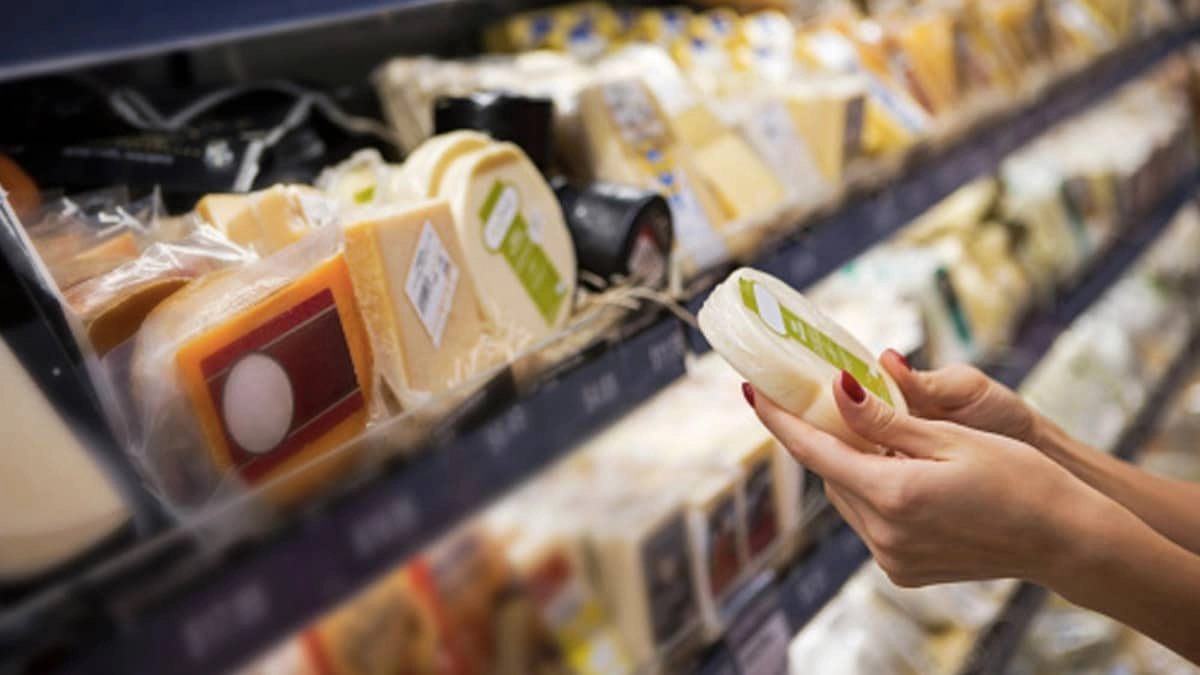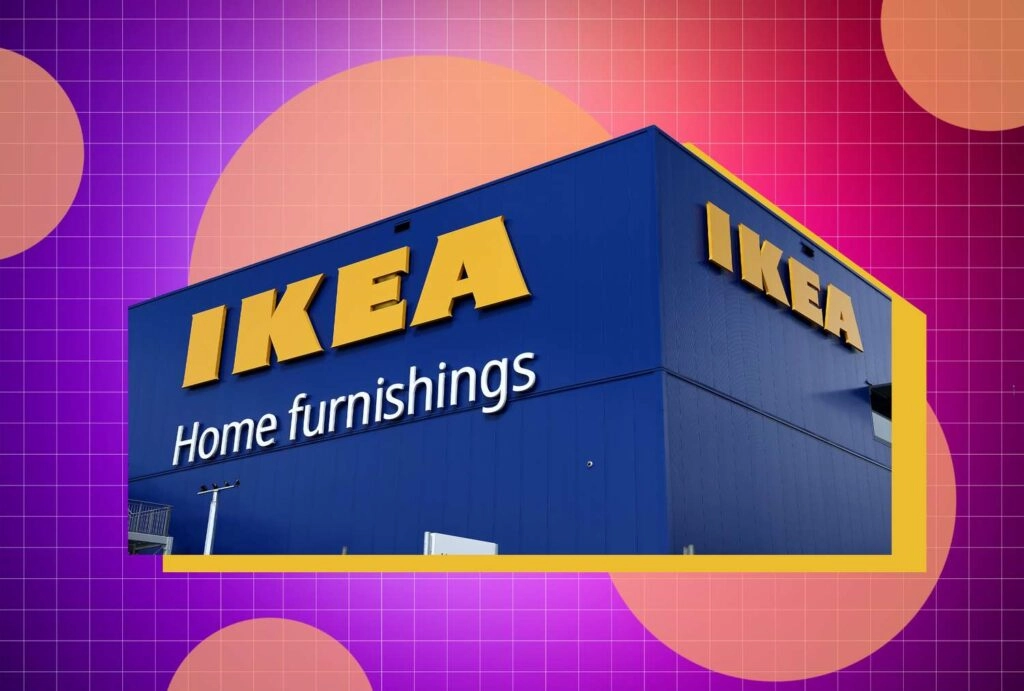Harsh Goenka, a prominent Indian industrialist and the chairman of RPG Enterprises, recently sparked a significant conversation on social media regarding the issue of misleading food packaging. In a world increasingly focused on health and nutrition, consumers are often misled by the packaging of food products that claim to be healthy or beneficial while hiding the actual content inside. Goenka’s post, which quickly went viral, highlighted this growing concern and resonated with many individuals who have faced the challenges of deciphering food labels.
In his post, Goenka shared an image of a popular snack that boasted appealing health claims on its packaging, suggesting it was a nutritious option. However, upon closer inspection, the actual ingredients and nutritional information revealed a different story. This contrast between marketing promises and the reality of product contents struck a chord with consumers who feel overwhelmed and confused by the plethora of choices available in the market. Goenka’s commentary illuminated the gap between consumer expectations and the often deceptive tactics used by manufacturers to market their products.
The viral nature of Goenka’s post underscores the collective frustration of consumers who are increasingly aware of the importance of informed eating choices. Many shared their own experiences of purchasing items that appeared healthy but were laden with sugars, preservatives, or unhealthy fats. This dialogue not only raises awareness about misleading practices in food marketing but also emphasizes the need for clearer labeling and more stringent regulations to protect consumers. As discussions around health and wellness continue to gain momentum, Goenka’s post serves as a timely reminder that consumers must remain vigilant and discerning in their choices.
Moreover, this incident has sparked a larger conversation about corporate responsibility and ethical marketing practices. As companies strive to attract health-conscious consumers, the line between legitimate health claims and deceptive marketing can sometimes blur. Goenka’s call to action encourages both consumers and businesses to prioritize transparency, pushing for a marketplace where honesty prevails over gimmicks. As more individuals engage with this topic, it is hoped that consumers will demand greater accountability from food manufacturers, ultimately leading to healthier choices and a more informed public.




